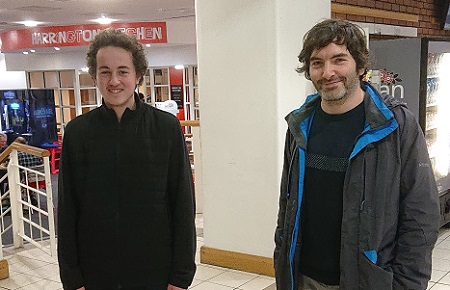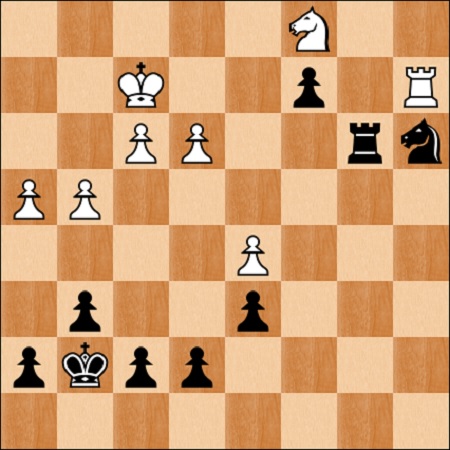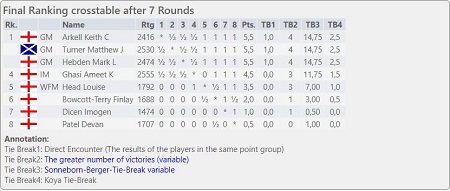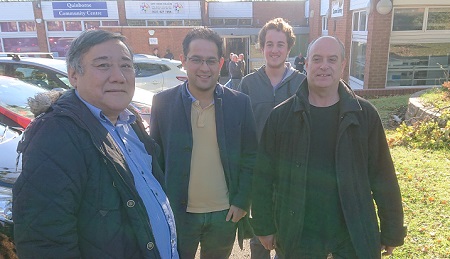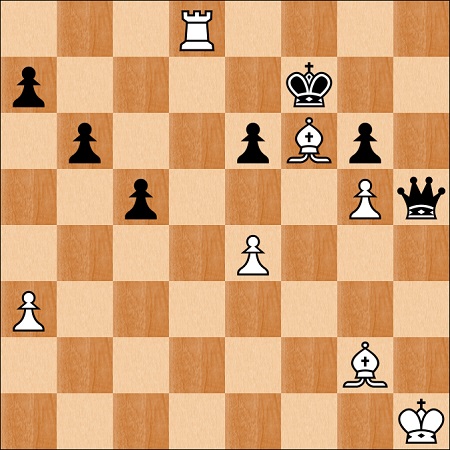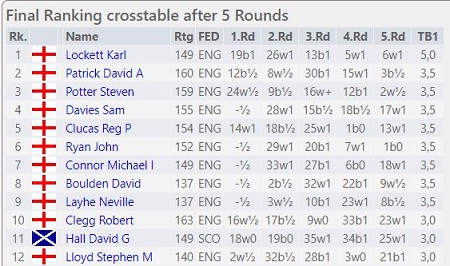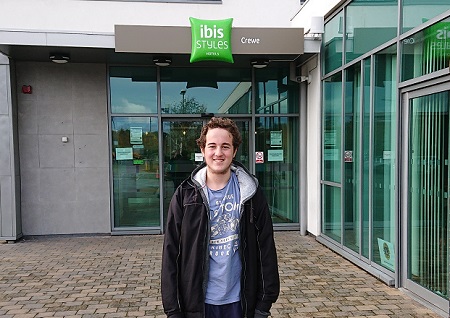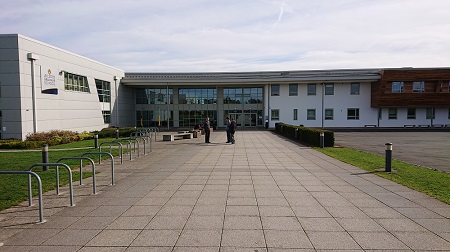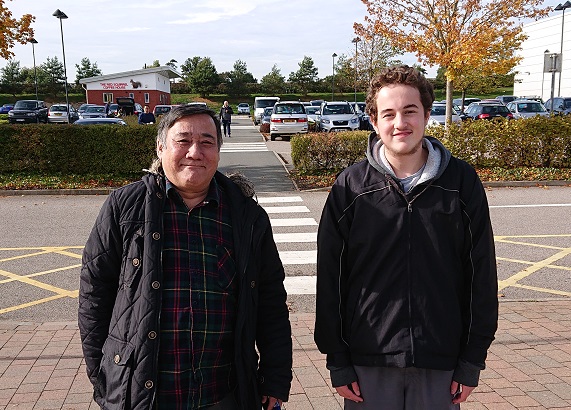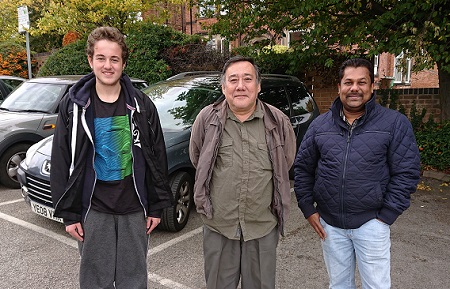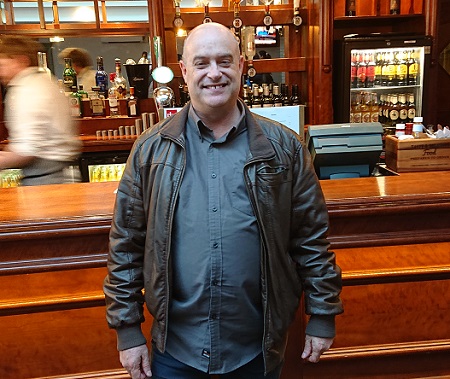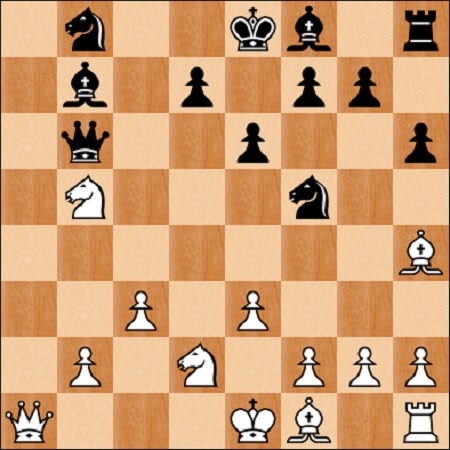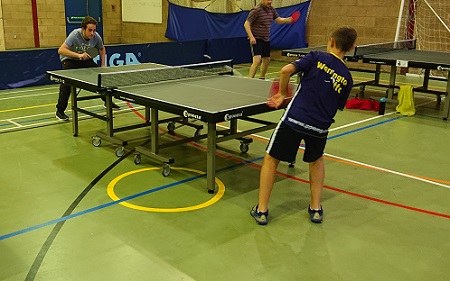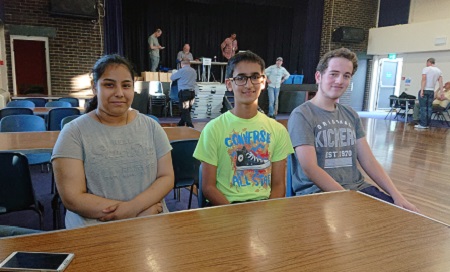We are at that time of year when many people are trying New Year resolutions. Most of these will have been abandoned by January 12th, including the chess ones, which will not help too much towards getting any better. Goals and resolutions are all very well but do they help people put the time in that is required for real progress? Usually not, no matter how lofty their initial aims.
Here at Tiger Chess HQ we have a different approach. Goals are downplayed and broken down whilst the emphasis is placed on a steady work rate over a long period of time. What is doable on a daily basis which can also be monitored? With my son Sam I have found that Chessity works very well as it keeps great records as to how much you have really done. We also try to study together for 3 hours on a Sunday and also on Mondays and Tuesdays when he is not at college. Over time it adds up and helps put in place the necessary skills, as you can see below he has now solved over 40,000 positions on Chessity and is in the top 20 for the number of puzzles solved. Note also that I call him Jedi so as to turn him away from the dark side offered by his favourite Star Wars character, General Grievous:
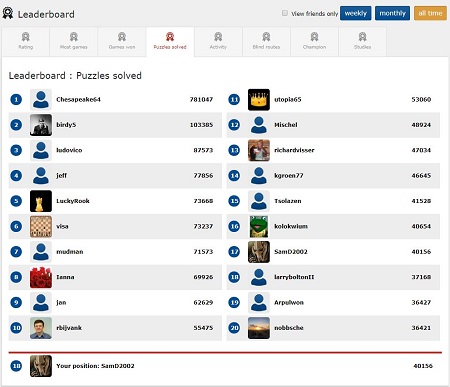
Recently he has been going through many of the videos here at Tiger Chess, which again can be done on a regular basis. With his other commitments he certainly does not do thousands of hours every year but it could be around 500. If he keeps this up for another decade or so he will become very strong.
What about the old guy? Well I am also in the process of dusting myself off with daily tactics practice and studying some new openings. A few thousand hours on top of the 45,000 or so I have already put in should help me get back in shape for when I finish my University studies (currently in year 2).
Nigel Davies

